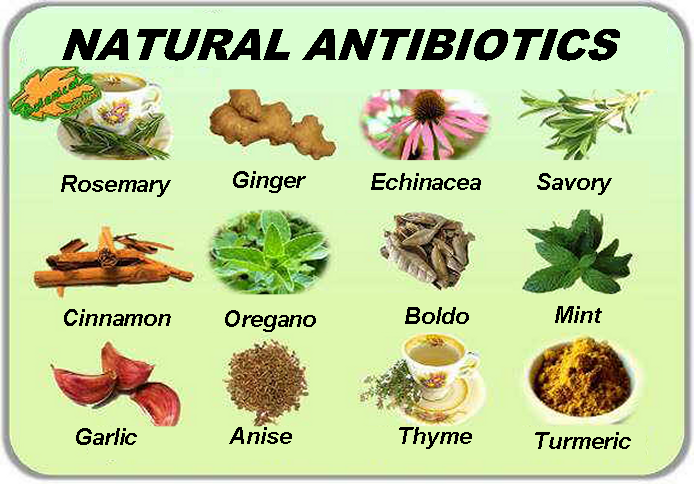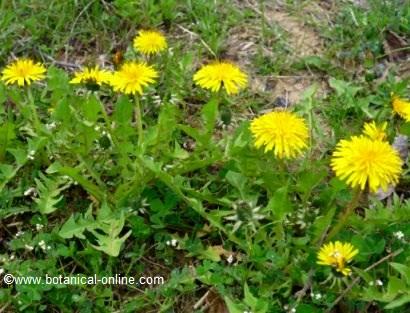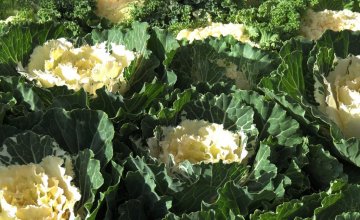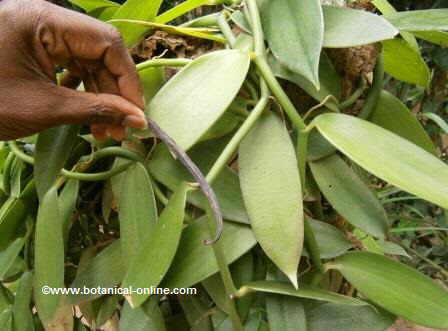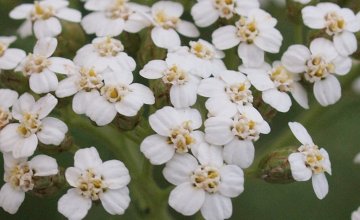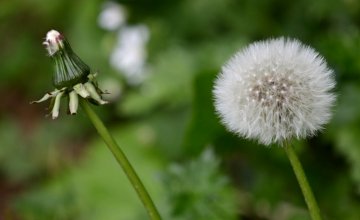Contents
Benefits of boron in the body
What is boron?
Boron is a trace element or microelement important for the formation and hardness of bones, teeth and joints. It is called trace element because the body needs this component in very low doses.
This element was not important in the diet until a few years ago, when it was related to the osteoporosis index.
Boron functions
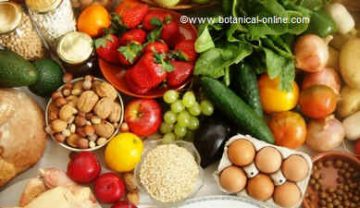
Indeed, boron is a mineral closely related to the health of bones and their development, in addition to other nutrients such as calcium, magnesium and vitamin D.
This mineral helps to raise the levels of estrogens in the blood, and Estrogens help preserve bones. By this mechanism, consuming foods rich in boron (mainly fruits and vegetables) has a protective role against osteoporosis.
Scientific studies have shown that by administering 3mg. of boron per day can double the blood levels of estrogen. In addition, boron supplements improve the utilization of calcium and magnesium, preventing their elimination in the urine.
Boron-rich plants such as the cabbage family are recommended during menopause to counteract the effects of lack of estrogen production.
Through its hormonal effect and the interaction of boron with the metabolism of minerals, this element is very interesting to introduce as a remedy for arthritis. Because the main sources of boron are shared with magnesium, a diet for arthritis, rich in vegetables and fruits, will help to improve the disease.
Boron sources. Boron-rich foods
Where can you find it?
Boron is found in many plant-based foods, mainly:
- Fruits: plums, strawberries, peaches, apples, figs, lettuce, pears, currants, apricots.
- Dried fruits like dried apricots are also a good source of boron.
- Vegetables: red cabbage, dandelion, asparagus, celery, tomatoes, American ginseng, beet, radishes, etc.
- Seeds and nuts: macadamia nuts, poppy seeds.
Boron supplements
- A diet rich in fruits and vegetables ensures a daily dose of correct boron.
- Boron can be found added in multivitamin supplements.
- A recommended daily dose has not been established, although the first studies point to 0.5 – 1mg. up to date.
![]() More information on minerals and vitamins
More information on minerals and vitamins
MINERAL LIST
| MINERALS | MACROELEMENTS | MICROELEMENTS |
| Calcium, chlorine, phosphorus, magnesium, sodium, potassium | Copper, chromium, fluorine, iron, manganese, molybdenum, selenium, iodine, zinc. |
11 July, 2019

